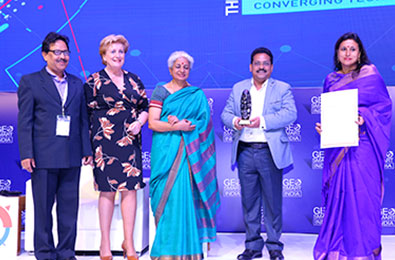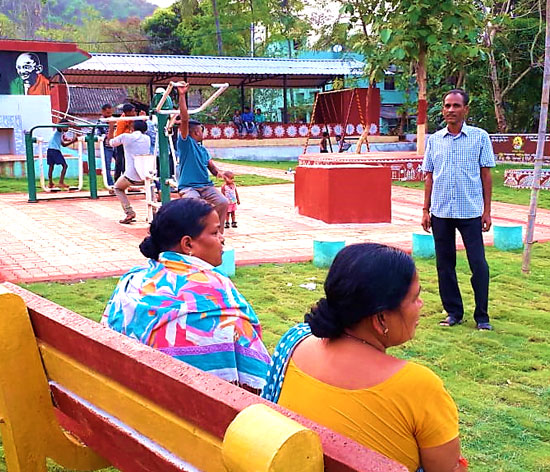About the theme
Under this programme, the Tata Trusts have partnered with key stakeholders to promote sustainable habitats that provide a conducive living environment and sustainable housing to people from economically weak urban communities, to improve their quality of life and address challenges around:
- Basic services like water, sanitation and waste management
- Land tenure and affordable housing for the urban poor
- Urban governance and capacity-building
To make this happen, the Trusts source top-tier expertise, and innovative and affordable technology from across the globe to build capacity across municipal cadres and support local administrators in urban governance, and demonstrate models of solid waste management and sanitation. The Trusts execute this through holistic, targeted, time-based and projected planning.
Developed in collaboration with urban local bodies, technical groups, innovators, academia, research institutes, and civil society organisations, these programmes have impacted over 180,000 households across four states of India (Odisha, Gujarat, Maharashtra, and Uttar Pradesh).
ODISHA
The Trusts have entered into a partnership with the Government of Odisha to provide technical and handholding support to promote liveable habitats that provide appropriate housing and living environments for the state’s urban poor.
In Bhubaneswar and Cuttack, Odisha, the Trusts have linked over 1,600 households to the Swachh Bharat Mission (SBM) for toilet construction, and have been successful in making 16 slums in these two cities open defecation-free.
UTTAR PRADESH – VARANASI
The Trusts work with the Varanasi Municipal Corporation to support the implementation of SBM in the city. This includes providing specialised human resources to support planning, capacity-building and monitoring of key activities.
In Varanasi, Uttar Pradesh, the Trusts submitted a detailed mapping cum-assessment report on Solid Waste Management (SWM) in 90 wards followed by a detailed plan of action on SWM with respect to immediate, mid-term and long-term engagement. An Information, Education and Communication (IEC) plan was developed with suggested tools and a strategy for these wards and their associated stakeholders in the city, along with an IEC roll-out plan in campaign mode.
The Trusts have conducted training programmes on capacity-building for key stakeholders including sanitary inspectors, supervisors and representatives of third parties engaged in waste collection, and also for the Varanasi Nagar Nigam (VNN) officials associated with SBM.


